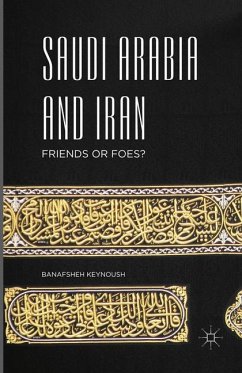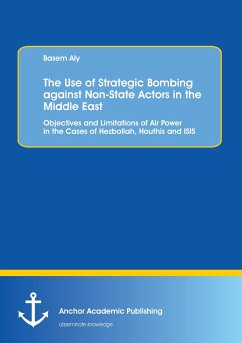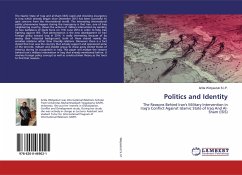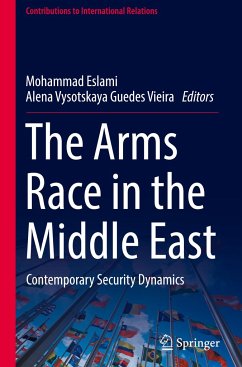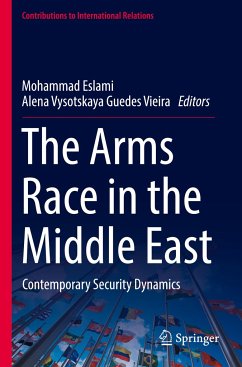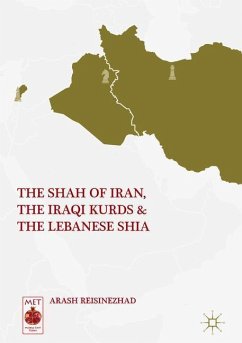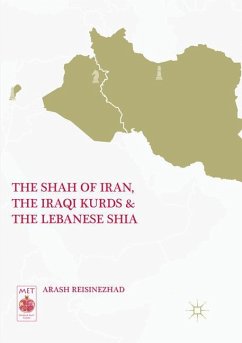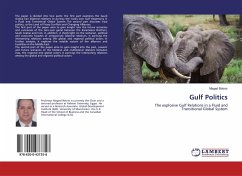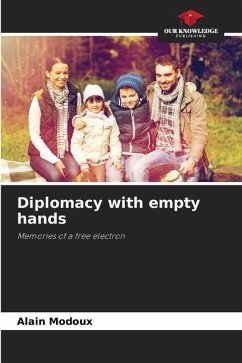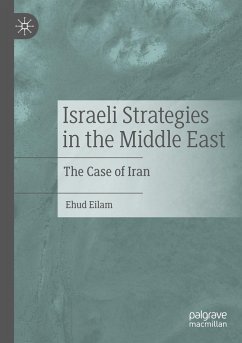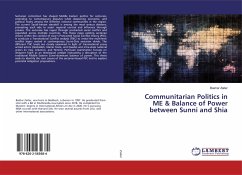
Communitarian Politics in ME & Balance of Power between Sunni and Shia
Versandkostenfrei!
Versandfertig in 6-10 Tagen
36,99 €
inkl. MwSt.

PAYBACK Punkte
18 °P sammeln!
Sectarian contention has shaped Middle Eastern politics for centuries, extending to contemporary disputes while deepening economic, and political rivalry among the different national communities in the region. The current Saudi-Iranian standoff is among the most serious divisions, prompting each side to assert regional control and influence through proxies. The outcome has raged through protracted social conflict and expanded across multiple countries. This thesis maps existing sectarian drivers within the context of Azar's Protracted Social Conflict theory (PSC). It conducts a Transnational C...
Sectarian contention has shaped Middle Eastern politics for centuries, extending to contemporary disputes while deepening economic, and political rivalry among the different national communities in the region. The current Saudi-Iranian standoff is among the most serious divisions, prompting each side to assert regional control and influence through proxies. The outcome has raged through protracted social conflict and expanded across multiple countries. This thesis maps existing sectarian drivers within the context of Azar's Protracted Social Conflict theory (PSC). It conducts a Transnational Conflict analysis (TNC) to reveal the multi-level conflict layers rooted in contemporary Sunni-Shia sectarian divide. The different TNC levels are closely examined in light of transnational proxy armed actors (Hezbollah, Islamic State, and Qaeda) and intra-state national actors (in Iraq, Lebanon, and Yemen). Particular examination focuses on Velayat-e faqih as an ideological catalyst insinuating a disruption of the traditional Middle Eastern Sunni-dominant balance of power. This thesis seeks to identify the root causes of the sectarian-based PSC and to explore potential mitigation propositions.



